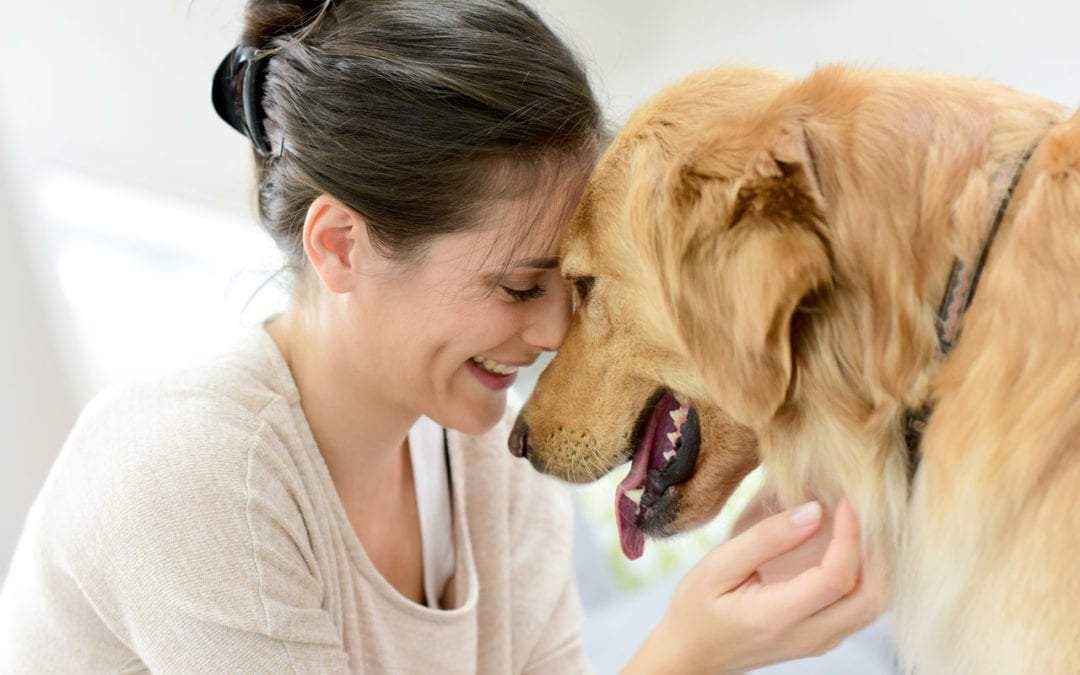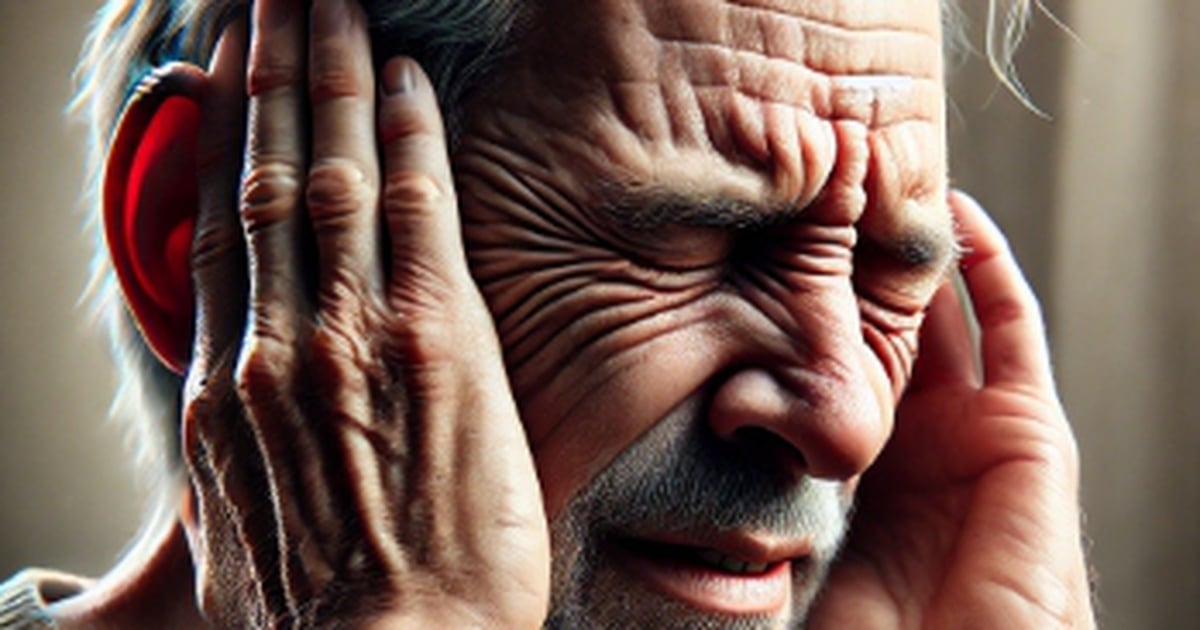
The love we have for our pets is real, and can be so great that some people who lose their pets feel immense pain, even falling into depression - Photo: Union Lake Pet Services
Many people still believe that dogs and cats are just animals, and that they cannot be compared to humans in any way. However, the love we have for our pets is real, and can be so great that some people who lose their pets feel extremely painful, even falling into depression.
Depression after losing a pet
Millions of pets have become a part of families around the world. Many people share their lives with their animal companions, and consider them as members of the family.
It is natural and normal to feel sad, shocked, and even angry after losing a pet. Grief is different for everyone. However, when negative thoughts and feelings persist all day, almost every day, grief can be accompanied by symptoms of depression.
Temporary depression and low mood after the loss of a pet is common, but major depressive disorder (MDD) is a mental health condition that is not considered a natural part of the grieving process.
According to the Diagnostic and Statistical Manual of Mental Disorders , grief can be intense and even debilitating, but it doesn't usually lead to MDD. Meanwhile, MDD tends to occur in people who are already susceptible to other depressive disorders.
As the shock of the loss wears off, you can still function, although you may have to work through moments of grief. As time passes, the pain usually lessens, and you will feel better.
Meanwhile, MDD is a mental health disorder that causes a depressed mood that lasts all day, almost every day, along with symptoms such as: loss of motivation, feelings of guilt and worthlessness, sleep disturbances, low energy, and many other symptoms.
Unlike normal grief, recovery from MDD may require psychotherapeutic interventions and medication support, such as antidepressants.
Losing a pet is like losing a loved one.
Losing a pet can be traumatic. For many people, losing a pet is like losing a loved one.
Pets can be an important part of a person's support system, especially for people with disabilities, or those with few connections, who see their pets as their only "friend."
While pet ownership can have negative aspects, the bond between humans and animals is considered a positive force for mental health. Pets can provide companionship, support, and unconditional affection. They are a source of comfort without judgment.
Many people also take pride in owning a pet. In fact, their pet is the reason they get out of bed in the morning and start their day. Losing the routine of having a pet can affect your life on both a practical and emotional level.
There is no time limit for grief, and everyone is different. There is also no difference in the length of time it takes to grieve for the loss of a pet versus the loss of a loved one. Some studies even suggest that grief for the loss of a pet can last longer.
Research from 2012 found that grief typically begins to improve about 2 months after a pet's loss, while prolonged grief disorder (PGD) typically takes 6 months or longer.
How to overcome pain?
Allow yourself to grieve after the loss of a pet. Letting your grief run its course can help you heal more quickly, rather than suppressing or trying to minimize your thoughts and feelings.
In addition to accepting your grief, the following suggestions may help you overcome the physical and emotional stress symptoms that can occur when losing a pet.
Talk to your loved ones about your grief. Don’t try to forget all the memories. Instead, remember your pet with feelings of appreciation and gratitude for the good they brought into your life.
If you don't have anyone to talk to or understand the feelings you're going through, keep a journal and write down your feelings.
Make sure you take time to rest and get enough sleep during your grieving period. Don’t forget to take care of yourself. Give yourself space to grieve, rather than trying to be strong. Eat well, get some fresh air, and exercise.
If you find it too difficult, seek help from a therapist. Don’t rush into getting a new pet until you’re ready and can’t get over your grief. Give yourself time to appreciate your lost pet and process your negative emotions.
Source: https://tuoitre.vn/vuot-qua-dau-buon-va-tram-cam-khi-mat-thu-cung-20240628115859614.htm


![[Photo] Looking back at the impressive moments of the Vietnamese rescue team in Myanmar](https://vstatic.vietnam.vn/vietnam/resource/IMAGE/2025/4/11/5623ca902a934e19b604c718265249d0)

![[Photo] "Beauties" participate in the parade rehearsal at Bien Hoa airport](https://vstatic.vietnam.vn/vietnam/resource/IMAGE/2025/4/11/155502af3384431e918de0e2e585d13a)


























![[Photo] Summary of parade practice in preparation for the April 30th celebration](https://vstatic.vietnam.vn/vietnam/resource/IMAGE/2025/4/11/78cfee0f2cc045b387ff1a4362b5950f)






























































Comment (0)